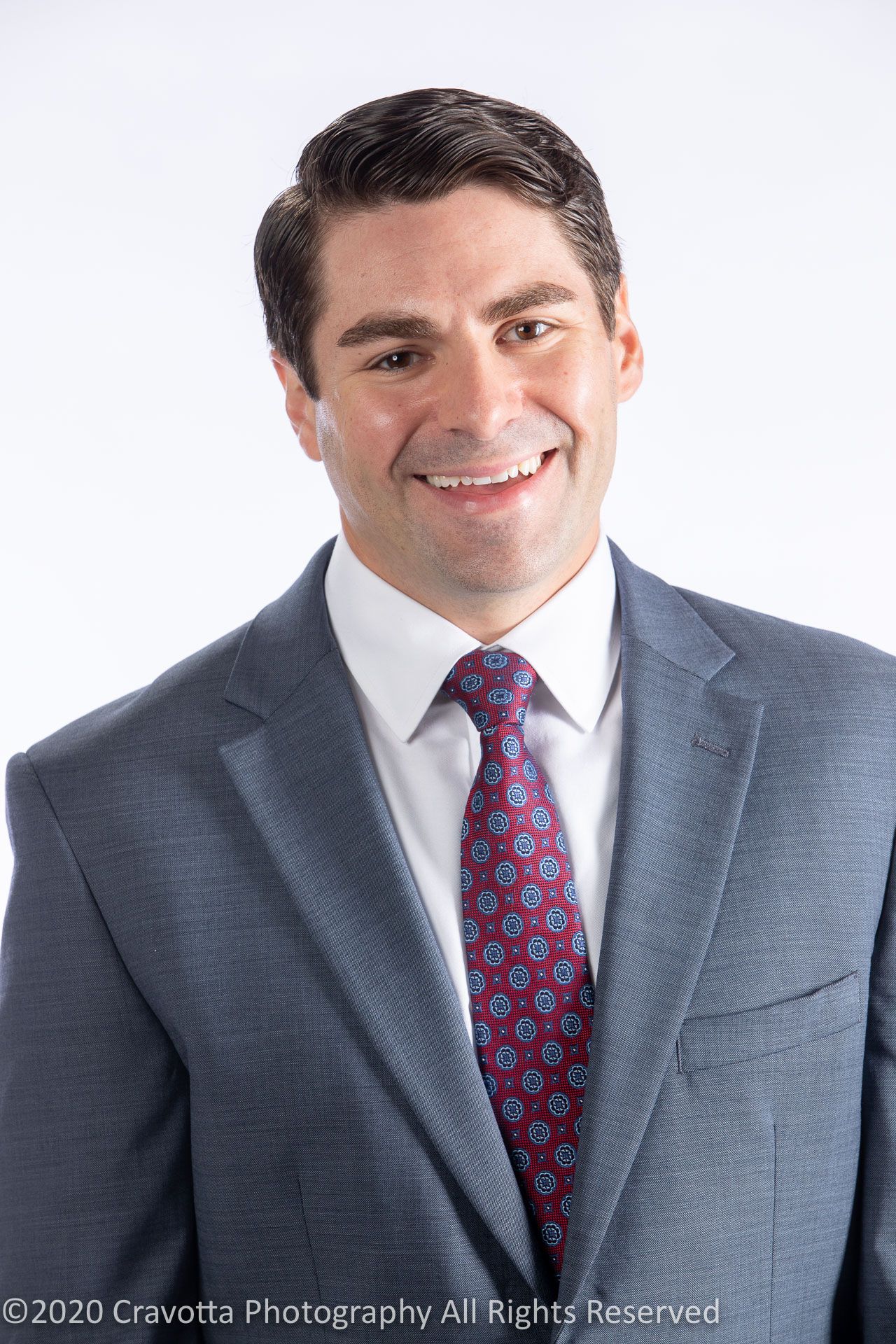Osteoarthritis is also known as Degenerative Joint Disease. It is the most common type of arthritis that affects the hip and knee.
By Annette Pinder
Osteoarthritis (OA), also known as Degenerative Joint Disease (DJD) is the most common type of arthritis that affects the hip and knee, and often referred to as “wear and tear arthritis” because it occurs when the cartilage that acts as a cushion in the joints deteriorates. OA/DJD is typically caused by chronic repetitive motion that results in inflammation and structural joint damage. One of the leading causes of disability among adults in the United States, OA/DJD affects more than 50 percent of adults ages 65 and older.
Aside from chronic repetitive motion, other risk factors for OA/DJD are obesity, old age, genetics, and developmental abnormalities such as hip dysplasia, trauma, and muscle weakness. Rheumatoid arthritis and avascular necrosis (death of bone tissue due to lack of blood supply) are additional disease processes that can lead to OA/DJD. Patients with arthritis may experience pain, stiffness, limited range of motion, loss of flexibility, swelling, weakness, and physical deformity. As the disease progresses, joint pain and discomfort previously alleviated by rest may become more persistent, severely limiting an individual’s activity and potentially leading to weight gain and decreased quality of life.
Dr. Daniel Vargo is Excelsior Orthopaedics’ newest surgeon, who focuses his practice on treating patients with OA/DJD of the hip and knee. In conducting an initial evaluation Dr. Vargo evaluates a patient’s muscle strength, joint structure, ability to walk, and range of motion. He also gathers details about the level of pain the patient is experiencing, its location, and defining characteristics. He will also want to know about whether the pain is affecting a patient’s quality of life and the ability to manage simple daily tasks, self-care, and whether the pain is causing the patient to experience depression.
To alleviate pain, Dr. Vargo often recommends conservative measures as a first step. This may include medications such as acetaminophen and NSAIDs, and potentially corticosteroid injections. Weight loss and low-impact land or aquatic exercise can be extremely helpful and are often recommended. Many patients who participate in physical rehabilitation experience improvement through muscle strengthening and stretching around the diseased joints. If conservative treatment is not effective in meeting a patient’s goals, then surgical management is discussed. The gold standard in surgical management of end stage hip and knee arthritis is total joint replacement. These procedures are among the most successful surgeries performed annually in the United States and involve using artificial metal and plastic components to reconstruct the affected joint. For some patients, a partial knee replacement may also be an excellent option.
If you are experiencing symptoms of OA/DJD that are affecting your quality of life and ability to participate in daily activities, consider making an appointment with Dr. Vargo by calling 716-250-9999. Dr. Vargo is now accepting new patients at Excelsior’s Amherst and Orchard Park locations. Learn more at www.excelsiorortho.com. Dr. Vargo will also be speaking on this topic and answering questions at an upcoming free seminar on September 17 from 7:00 to 8:15 pm. Register at www.excelsiorortho.com/classes.












